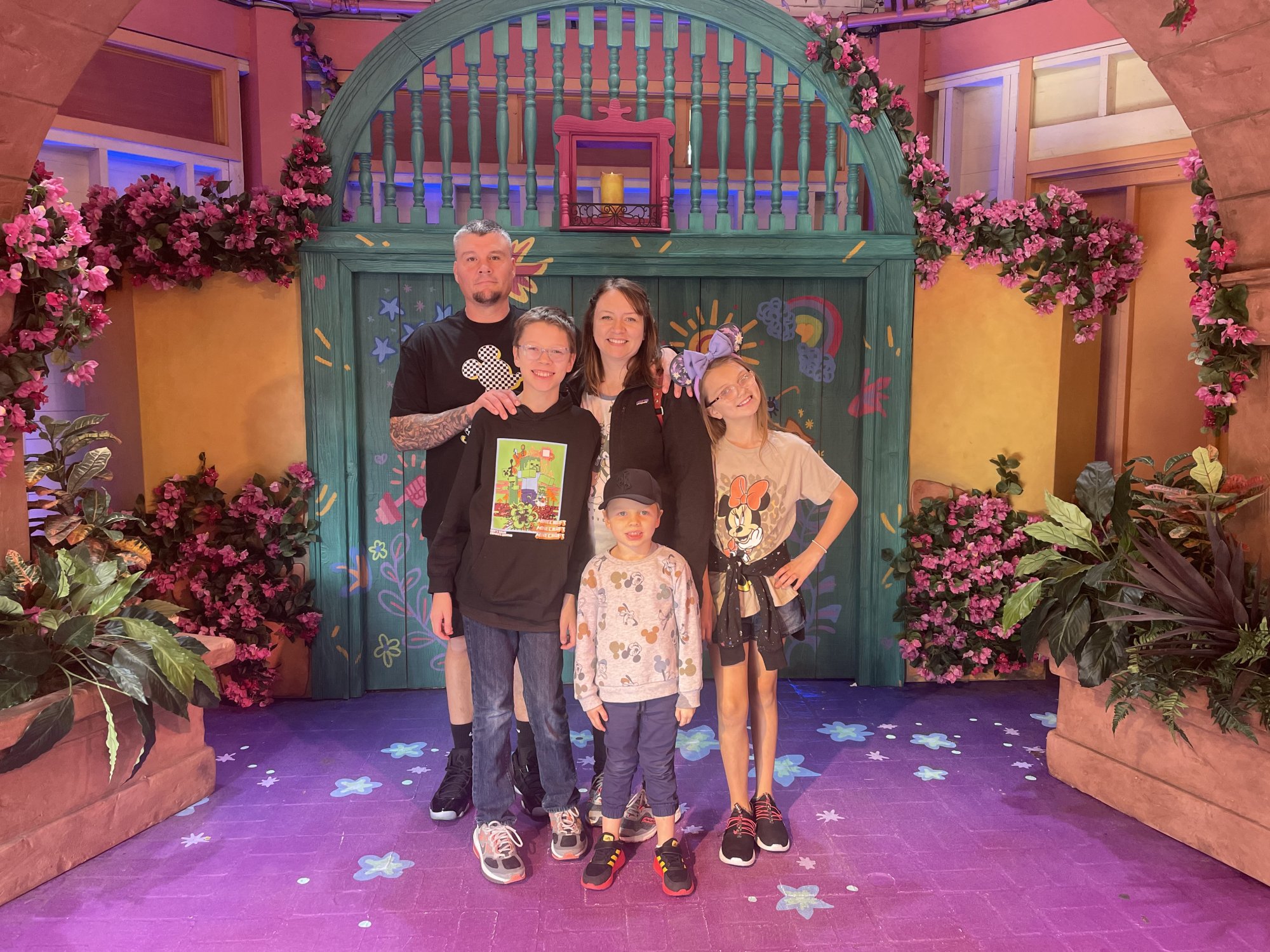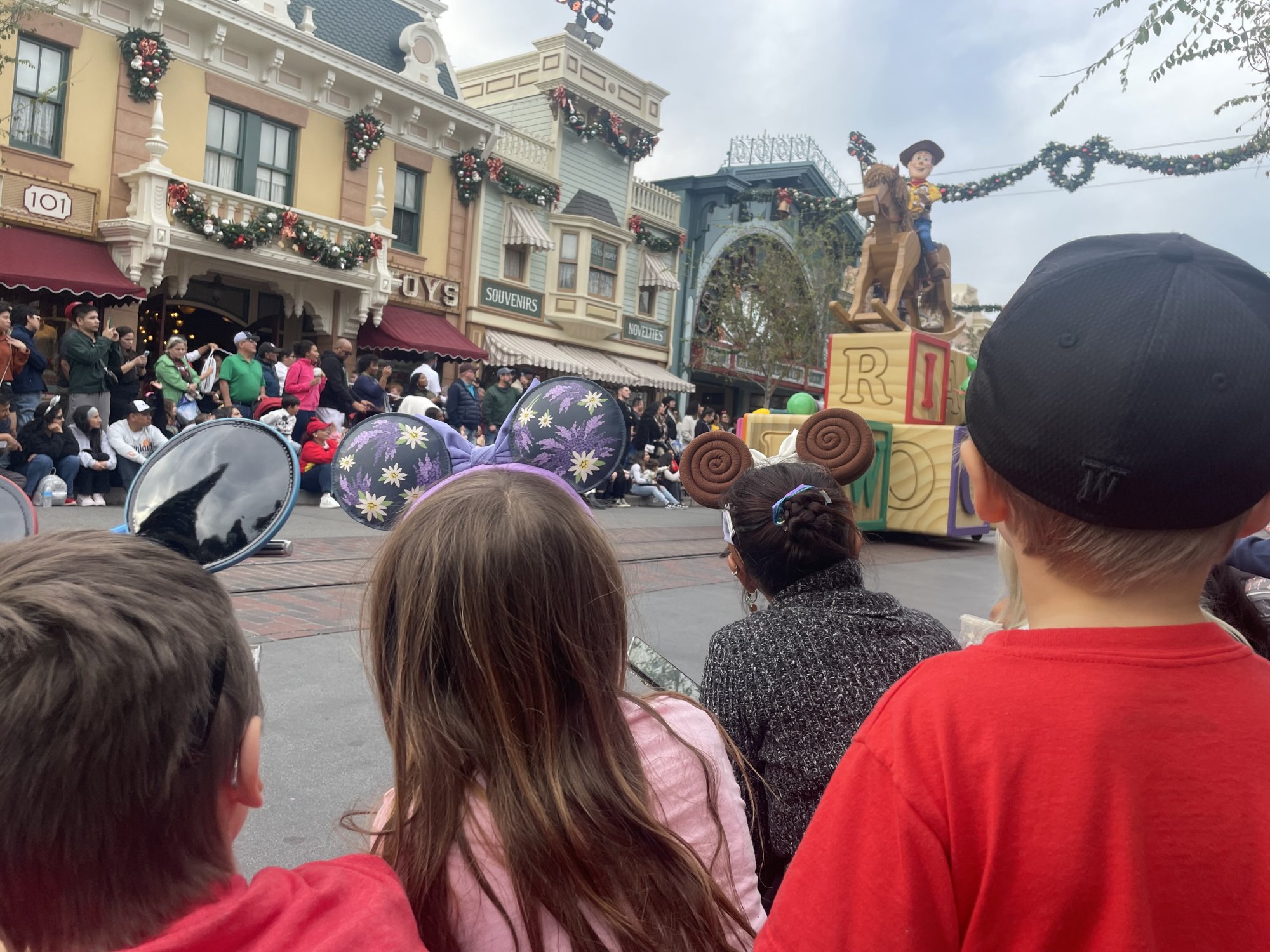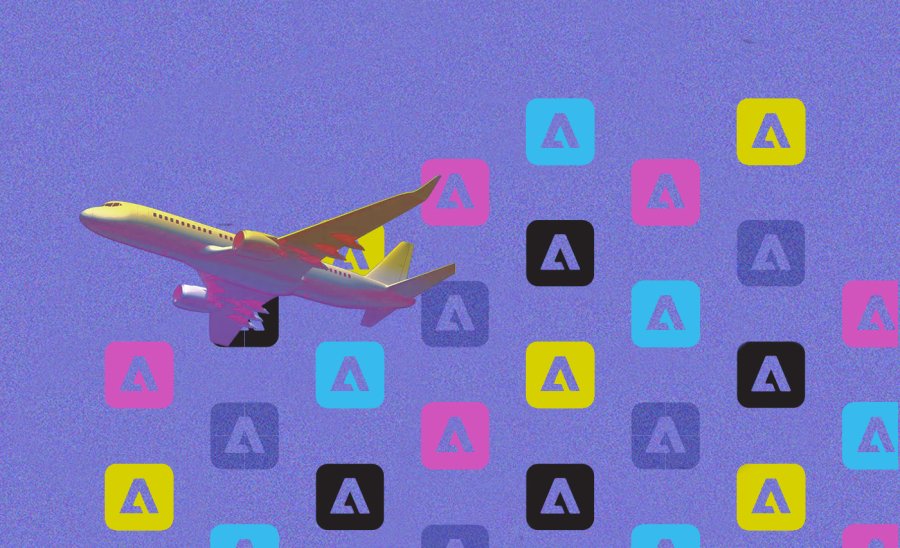Traveling With Autism
May 9, 2024
We spend a lot of time discussing diversity in travel, and rightfully so. As we transition from Autism Awareness Month in April and delve deeper into Mental Health Awareness Month in May, there is much to contemplate regarding the travel experiences of these diverse groups.
With a historical stigma surrounding both autism and mental health, our evolving perspectives enable us to think more about the thoughts and feelings of those affected by these conditions, especially regarding travel. Furthermore, as marketers, parents, and fellow human beings, we can consider how making space for these individuals within the travel industry benefits everyone — especially as mental health travel continues to be an important search term across the industry.
Searching for the Right Destination
As a mother of a child with autism and a travel marketer, I understand the challenges of searching for vacations from a distinct perspective. I am aware that vacation planning and the vacation itself can become daunting when factoring in potential emotional outbursts and other complexities. Therefore, I actively seek out experiences and destinations that offer unique and tailored experiences for families like mine.

According to a 2023 USA Today article, 1 in 36 children in the United States are identified as being on the spectrum, yet only 13% of families with an autistic child go on vacation. This represents an underserved demographic seeking to create similar memories within a more controlled and safe environment.
Autism-Certified Destinations and Attractions
Destinations and attractions across the country can become autism-certified. Madden clients, like Visit Mesa, have undergone the process of having their location certified by the International Board of Credentialing and Continuing Education Standards. Mesa was the first city to ever achieve autism certification. This means that attractions, hotels, and restaurants all underwent the certification process, and visitors receive a special prize when checking into certified autism centers around the city.
But Mesa isn’t alone. Many attractions across the United States have also made efforts to be certified, such as Legoland, Peppa Pig Theme Park, SeaWorld Orlando, Sesame Place in Philadelphia and San Diego, and Six Flags theme parks.

Disneyland and Disney World, no strangers to crafting unique experiences, offer a program for guests with cognitive disabilities that includes special break areas, bathrooms, and expedited ride access. This program is undergoing changes this year, but is a program that we had the benefit of utilizing this past year—making the trip much easier to manage while managing a young teenager’s emotions.
Making Traveling Easier
It isn’t just about the place you stay or the attraction, it’s also about getting to the destination itself.
TSA Cares can also help those with Autism and other neurodivergent travelers such as those who struggle with ADHD, learning disabilities and other differences in brain function. Support can range from skipping ahead in line to allowing noise-canceling headphones to be worn through security.
When it comes to airlines, a variety of providers allow travelers to add the Disabled Passenger with Intellectual or Developmental Disability Needing Assistance (DPnA) code to their ticket. This signals the airline staff that this traveler may need more assistance throughout the flight and have a disability that is not easily seen. Other programs like Wings for Autism allow children with autism to experience the airport and what a flight is like before an actual flight so they’re comfortable with the steps beforehand. From security to the rush of the crowds, going through the process in advance helps children be less overstimulated during the real flight.
Travel is for Everyone
My kiddo often says he just wants to be like everyone else. So it’s important for us as destinations and marketers to ensure that our travelers feel a sense of belonging— and if we can remove some of those obstacles or put people in a place where their differences don’t feel like they’re under a spotlight — then we truly are making travel for everyone. Learn how to become an autism-certified destination from IBCCES at https://ibcces.org/certified-autism-destination/.
Lesley Rowbal is a Destination Strategy Director at Madden Media and a mom of three. She is not a medical expert in autism. She has a 13-year-old son with autism and ADHD and spends most of her time Googling her way through parenting and learning from her many well-intended mistakes.



